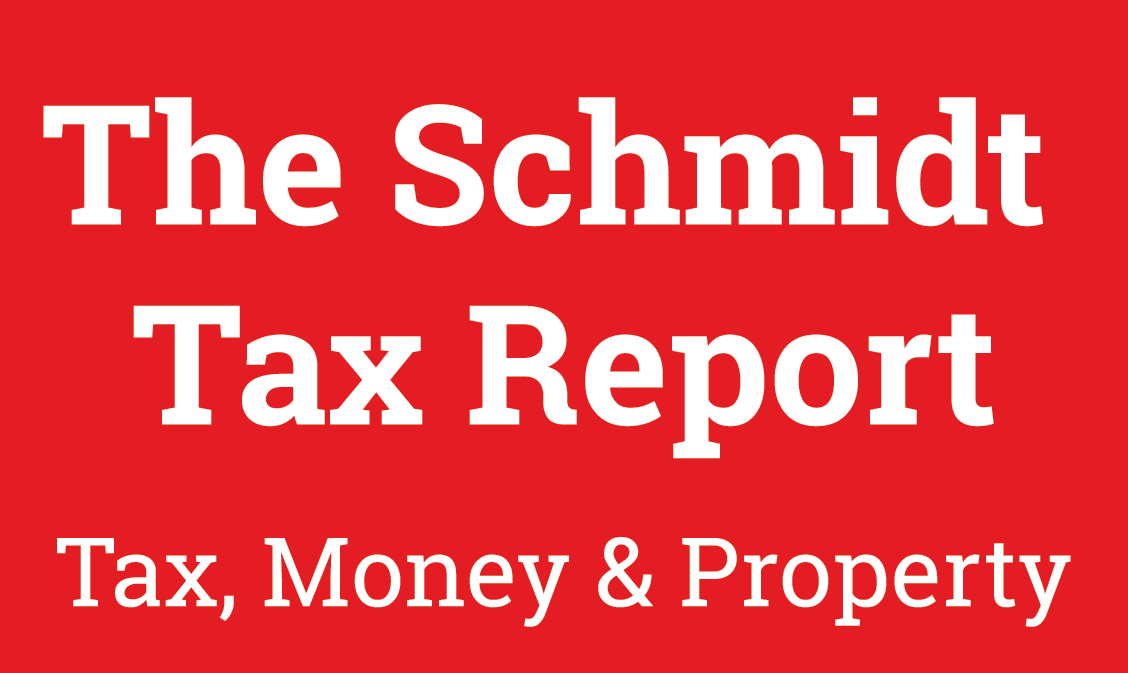America has come under attack for being one of the largest tax havens in the world, an accusation I will come on to in a moment, and it has reminded me what a useful location it is for any business planning to carry on its trade or to hold assets outside the USA.
There are three US states offering a combination of zero tax and confidentiality being: Delaware, Nevada and Wyoming. Of these, Wyoming (once upon a time referred to by some as the Switzerland of America) probably has the most liberal and business friendly environment. For example, you can form a company in Wyoming without being present in the state or even the country. All the state demands is your contact information, the name that you want to use for your company, who is going to be the director of the company along with a scan of that person’s passport and payment. Most company formation agents are happy to provide nominee services. There is no legal requirement, incidentally, for the formation agents to request proof of identity.
Other advantages offered by Wyoming include:
- No state corporate income tax
- No public listing of the names of members or managers in an LLC
- No franchise tax
- Minimal annual fees
- One-person corporation is allowed
- Stockholders are not revealed to the State
- No annual report is required until the anniversary of the incorporation date
- No automatic information sharing agreements
What if you need a bank account and you aren’t a US resident or citizen? A quick online search and I found several Wyoming agents that offered to provide a new US company complete with a local bank account opened remotely. One, Mountain Business Center LLC, offers the complete service for only $1,300, which includes your state filing fee ($100) and initial bank deposit ($100). Moreover, if you want to run a remote business there are plenty of companies offering virtual office and other services you will need at remarkably low prices.
Wyoming makes much of the fact that the state does not impose any corporate tax but one must not forget that the federal government does. Therefore, it is important to take professional advice before incorporating any American company. It is certainly possible to set up a structure that will avoid federal taxation but it is not something to undertake online.
Which brings me back to the criticism being leveled against the US by a number of other countries. Last month there was an international summit on corruption hosted by David Cameron in London. Two attendees had nothing nice to say about America. First, Allan Bell, chief minister of the Isle of Man, called the US ‘a major secrecy jurisdiction and tax haven’, pointing out that roughly ten times more companies were registered in a single building in the low-regulation state of Delaware than in the Isle of Man. Later, in a newspaper interview, he stated that: ‘Where I get angry is the hypocrisy of the US in particular, which has been preaching to the world about the importance of access to information relevant to the US, when they themselves have not been moving at the same pace.’ Later, Alden McClaughlin, president of the Cayman Islands, pointed out that the US and other nations should not be exempt from any requirement on standards of transparency.
The US Treasury Secretary, Jack Lew, has announced that: ‘To combat the misuse of companies, we are finalising a rulemaking that would require financial institutions to identify the beneficial owners of new customers that are companies. In addition, we are about to propose a regulation that would require the beneficial owners of single-member limited liability companies to identify themselves to the Internal Revenue Service, thus closing a loophole that some have been able to exploit.We fully support the call for all countries to automatically exchange financial account information.’ Many observers feel that it will be difficult to get any such change in legislation passed by Congress. Indeed, the Obama administration has submitted draft legislation to Congress requiring companies to disclose their real ownership to the US Treasury. But legislative approval will be difficult and any information would not be publicly accessible. 20.5.16
